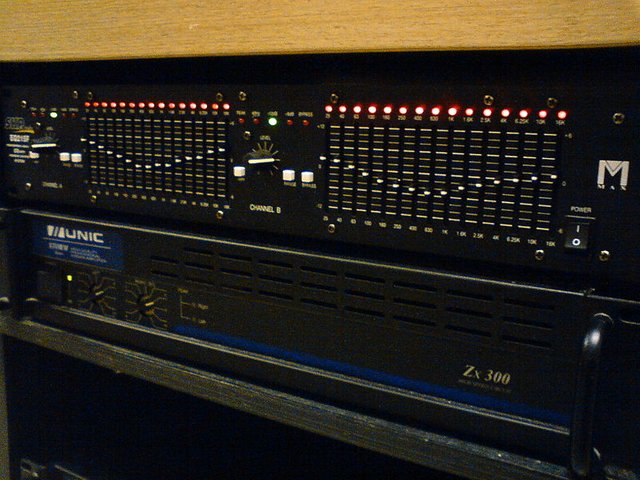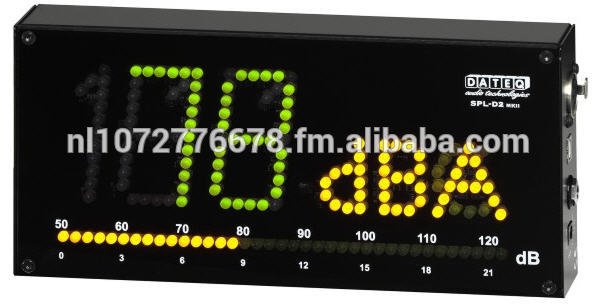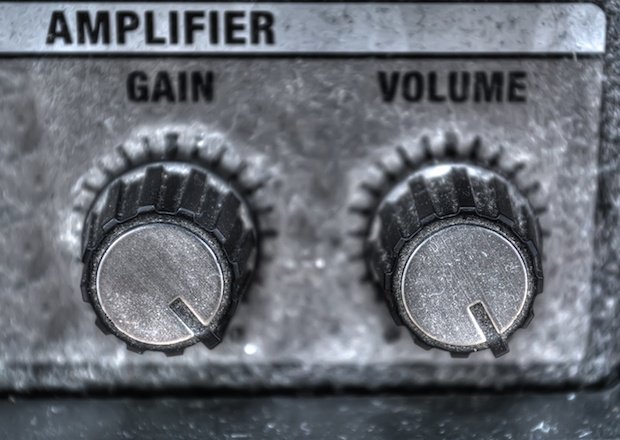VOLUME ISSUES IN AUDIO PRODUCTION
Volume control can be a controversial issues. There seems to be a constant battle between the music minded folks who just want the music to sound and feel good and the volume sensitive folks who only care that the mix sounds too loud to them. I have lived through this dilemma and have learned some valuable lessons in the process as well. in this article are some suggestions that can help you avoid some of the problems I've had, as well as benefit from the things I've learned.
Sound operator considerations:-
The sound operator or the producer usually just want to make the mix sound good. The more exposure the producer has had to great sounding music, the more likely it is that he or she will be able to construct an excellent mix.
The producers or sound operator typically wants to please everyone, including:
- The audience
- The staff
- The musical director
- The instrumentalists
- The vocalists
- The young crowd who thinks the music is always too quiet
- The old crowd who thinks the music is always too loud
- And on and on.
The divers demographic that comprises many audiences brings inherent possibility for disagreement about the perfect volume. It's not easy to please everyone. But as we progress into the technical aspects of shaping sound and creating a good mix, we will try to cover the techniques to help build a mix that is full, sounds good, and is non-offensive.
Why volume issues are so common:-
If you are a sound operator and you have never had volume or sound complaints, then you're very good, very well liked, very diplomatic, or very scary looking 😊😁. Many fight frustration about volume issues, they try their hardest, but can't find the perfect balance that pleases the musicians, the management, and the audience.
The volume knob I'm general is the problem. Everyone has one, and they get to set it exactly where they want, whether they're at home or in the car. They're are in control of the volume almost everywhere, except at a live performance.
We all have different tastes. For some folks the volume will never be quite enough; while for others it will never be loud enough. If you are fortunate enough to run sound for an established artist with a huge following of folks who love what they do, you might be able to define the sound, volume, and sonic signature of the art. In this case, your mix and everything about it is a large part of the reasons the crowd keep returning to multiple performances while for others there is a necessary compromise when it comes to volume control. First of all as the operator, it is you obligation to listen to, and to comply with the requests of the people who are paying you. Volume issues that becomes a problem must be addressed and all parties must agree upon a resolution as nothing good comes out of ignoring the problem. To accomplish this, invite the MD to join you at the soundboard during a performance, set up the mix and ask him or her to help you decide on a proper volume and also use a decibel meter to quantify your settings.
EQ versus volume:-
 Image source
Image source
very often, someone will complain about the mix being too loud, but what they're really hearing is a particular frequency that is out of balance. Vocals that are piercing typically contain an abundance of frequencies between two and three kilohertz. To many people especially the elderly, those frequencies are painful and the mix might sound too loud for them even when the decibel meter reads in the acceptable range. Thee highs are often too edgy and harsh and unacceptable to some people while the low frequencies can be tolerated by most. Once you understand the proper use and application of equalization, you'll be able to construct a mix that is full and pleasing to the majority of the audience.
Painful frequencies versus comforting frequencies:-
The human ear does not have a flat frequency response across the frequency or volume spectrum. It is most sensitive to the frequency band between 1 and 4 kHz, especially at volumes below 80 dB SPL. Low frequencies below about 150 Hz, tends to round out the sound and also help the sound operator create a full sounding mix. A mix with clean highs above 7 or 8 kHz and warm lows below about 150 Hz typically sounds good at reasonable levels and usually doesn't need to be loud to sound full.
The decibel meter :-
 Image source
Image source
The decibel meter is a valuable tool in any live sound environment; however, it is important that the sound operator understand the usefulness and uniqueness of all user selectable parameters. To simply proclaim that the music team is at 90 dB is somewhat meaningless unless the settings are specified. This device which is used to access noise or sound levels by measuring sound pressure must be set to read peak or average levels, the weighting scale must be noted, and the details of how the meter is held and pointed must be considered as all this variables affect the accuracy of the meter reading.
Understanding hearing differences:-
It is important for everyone involved in sound operation and music production to understand that, aurally speaking, we are not all created equally. Some people are quantifiably more sensitive to certain sounds than others and it's just the way they are made. Mixing sound for a group of people is challenging in many ways. A hundred people might all have slightly or radically different impressions of the mix you construct. Ear damage, age, and physiology combine throughout the audience demographic to create a potentially troublesome situation.
Conclusion:-
Many music lovers enjoy the sensation of loud music. And this is being that as the sound gets a little louder (90 dB and above), the low frequencies can be felt as well as heard and the highs are clearer and more precise. Loud volume isn't perceived as anything other than a pleasurable listening experience. when someone complains about loud volume or about loud sounds causing pain, it's difficult for these lovers of loud music to relate or empathize with his or her pains. As a sound operator, I have been through this. If someone complained about volume or sound issues, I might be polite but inside am always a little miffed and couldn't understand what the big deal was. To me, the sound is great, I feel good and it has clean highs and a warm full low end. what could be wrong with this?
